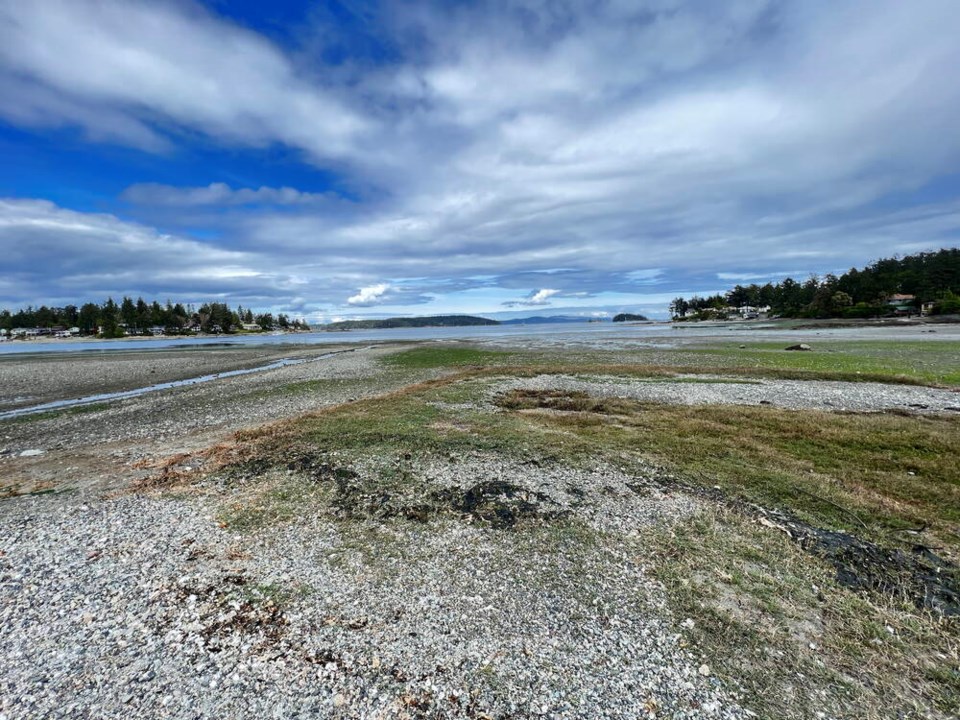As the world marks June 8, UN World Oceans Day – first proposed by saąúĽĘ´«Ă˝ in 1992 – data shows that Canadians are motivated to take action to protect the health of the oceans.
That’s important because the ocean covers more than 70 per cent of the globe. Our oceans are home to an estimated 10 million marine species, and help regulate our climate, with 83 per cent of the global carbon cycle circulating through coastal ecosystems such as mangroves and salt marshes. Some 39 million people are directly employed by wild fisheries alone, and more than three billion rely on seafood as their primary source of protein.
In saąúĽĘ´«Ă˝, 28 fisheries meet the globally recognized Marine Stewardship Council standard for sustainable fishing practices, representing 61 per cent of the catch from our Atlantic, Pacific, and Northern coasts.
Canadians purchased more than $340 million of certified sustainable seafood bearing the MSC blue fish label in 2022, an amount that’s almost doubled since 2019.
Even though a lot of progress has been made, we can and must – do more.
The world’s marine ecosystems are under enormous pressure. More than a third of global fish stocks are fished beyond their limits, and climate change is resulting in unprecedented changes to marine biodiversity.
However, fish stocks have an incredible ability to recover and if all were managed sustainably, could produce up to 16 million more tons of nutrient-rich, seafood for the world’s growing population. Analysis by the MSC estimates this amount could provide protein for up to 72 million more people per year.
The research shows that, in addition to providing “Blue” foods for the world, sustainable fisheries contribute to maintaining healthy fish stocks and marine biodiversity — and to reducing ecosystem impacts like bycatch.
This World Ocean Day, the MSC is asking Canadians to take a pledge by asking: What can we (as consumers and as nations) do today to make decisions with the health of our planet and oceans in mind?
That starts by “thinking blue” – recognizing and prioritizing aquatic “blue foods” (like seafood, fish, and seaweed) as nutritious, planet-friendly proteins, reducing your use of single-use plastics, and keeping the ocean in mind as you make daily choices.
According to the scientists behind the Blue Food Assessment – the work of more than 100 professionals from 25 universities – aquatic foods are under-used even though they are some of the most nutrient-rich foods on earth.
>>> To comment on this article, write a letter to the editor: [email protected]



